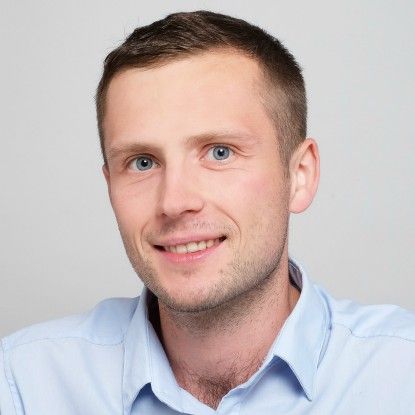As more renewable energy sources are being integrated into the energy system, the task of expanding, enhancing, and modernising electricity grid becomes ever more apparent. The pivotal role of interconnectors—high-capacity, cross-border cables linking national electricity grids—cannot be overstated. By enabling the seamless flow of electricity in response to supply, demand, and pricing dynamics, interconnectors are crucial for integrating the variable outputs of wind and solar sources in an economically efficient and sustainable manner.
Acknowledging their significance, the European Commission has set forth targeted objectives and support frameworks to facilitate the development of cross-border energy infrastructure. This ambitious endeavour materialises through the conception of Projects of Common Interest (PCIs), which are key cross-border infrastructure projects with a significance for at least two EU Member States. These projects, selected biennially since 2013, once approved by the European Parliament and the Council, gain access to expedited planning and permitting procedures, streamlined environmental assessments, and financial backing from the Connecting Europe Facility (CEF).
To speed-up the realisation of interconnected electricity systems, the European Union established a definitive goal of achieving at least a 15% interconnection rate by 2030. As articulated in Article 9 of the revised Renewable Energy Directive (RED), EU Member States are enjoined to foster cooperative frameworks and embark on shared ventures, with a target of at least two such projects per Member State by the close of 2030.
As Europe continues to deploy electricity grids across borders, the role of civil society in promoting a just, nature-positive electricity system is imperative. Watch this second session of the Connecting Energies: Training Series for European Civil Society to delve deep into the policy and funding frameworks for an interconnected Europe and discover ways civil society can have an impact.






